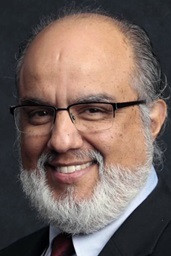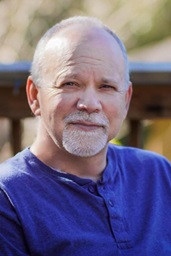The United Methodist Global AIDS Fund is helping General Conference 2012 delegates put a face to the global impact of HIV and AIDS to encourage them to garner the support of their local churches to confront and end the pandemic.
“If we personalize the pandemic, people may move from indifference to involvement, from condemnation to compassion, from stigmatization to the liberation of all persons, ” said Donald Messer in an interview before his address during the Sunday evening plenary. Messer is United Methodist Global AIDS Fund chair.
At the plenary, Messer told General Conference delegates that since the founding of the global AIDS fund eight years ago, about $3.5 million has been raised to support 270 projects around the globe. But, he said, it is insufficient to keep pace with the need expressed by annual conferences engaged in HIV and AIDS ministries the world over.
South Africa Bishop Ivan Abrahams, general secretary of the World Methodist Council, joined Messer in the presentation and called for an end to the “genocide of indifference” surrounding HIV and AIDS and other “major killer diseases of poverty.” Today, he said, about 6,000 people died of AIDS; 5,000 of tuberculosis; and 3,000 of malaria.
Also participating in the UMGAF presentation with personal testimonies were: Dr. J. Kabamba of the Democratic Republic of Congo, Rev. Allan Casuco of the Philippines, Rev. Lorenza Andrade Smith of the United States, Linda Bales of the global AIDS fund, and Bishop Fritz Mutti of the United States. Mutti and his wife lost two sons to AIDS in one year.
“We’re 30 years into the pandemic; some 30 million people are infected; about 30 million have died: It’s kind of 30-30-30,” said Messer in the interview, “and yet most churches won’t spend 30 minutes to deal with the issue.” Messer also shared these statistics at a pre-General Conference HIV and AIDS event, Lighten the Burden IV, and repeated them for the delegates during the plenary.
In addition to the plenary presentation, the global AIDS fund also is hosting the “30 Years/30 Lives” exhibit by photographer Kimberly J. Vrudny. The exhibit is on the ground level of the Tampa Convention Center, the site of General Conference.
Vrudny, associate professor of systematic theology at the University of St. Thomas in St. Paul, Minn., took a sabbatical in 2009-2010 to document in photographs the lives of 30 people in four countries who had been impacted by HIV and AIDS as the pandemic approached its 30th anniversary.
Linda Unger is staff editor and senior writer for the United Methodist Committee on Relief, General Board of Global Ministries.
Like what you're reading? Support the ministry of UM News! Your support ensures the latest denominational news, dynamic stories and informative articles will continue to connect our global community. Make a tax-deductible donation at ResourceUMC.org/GiveUMCom.



